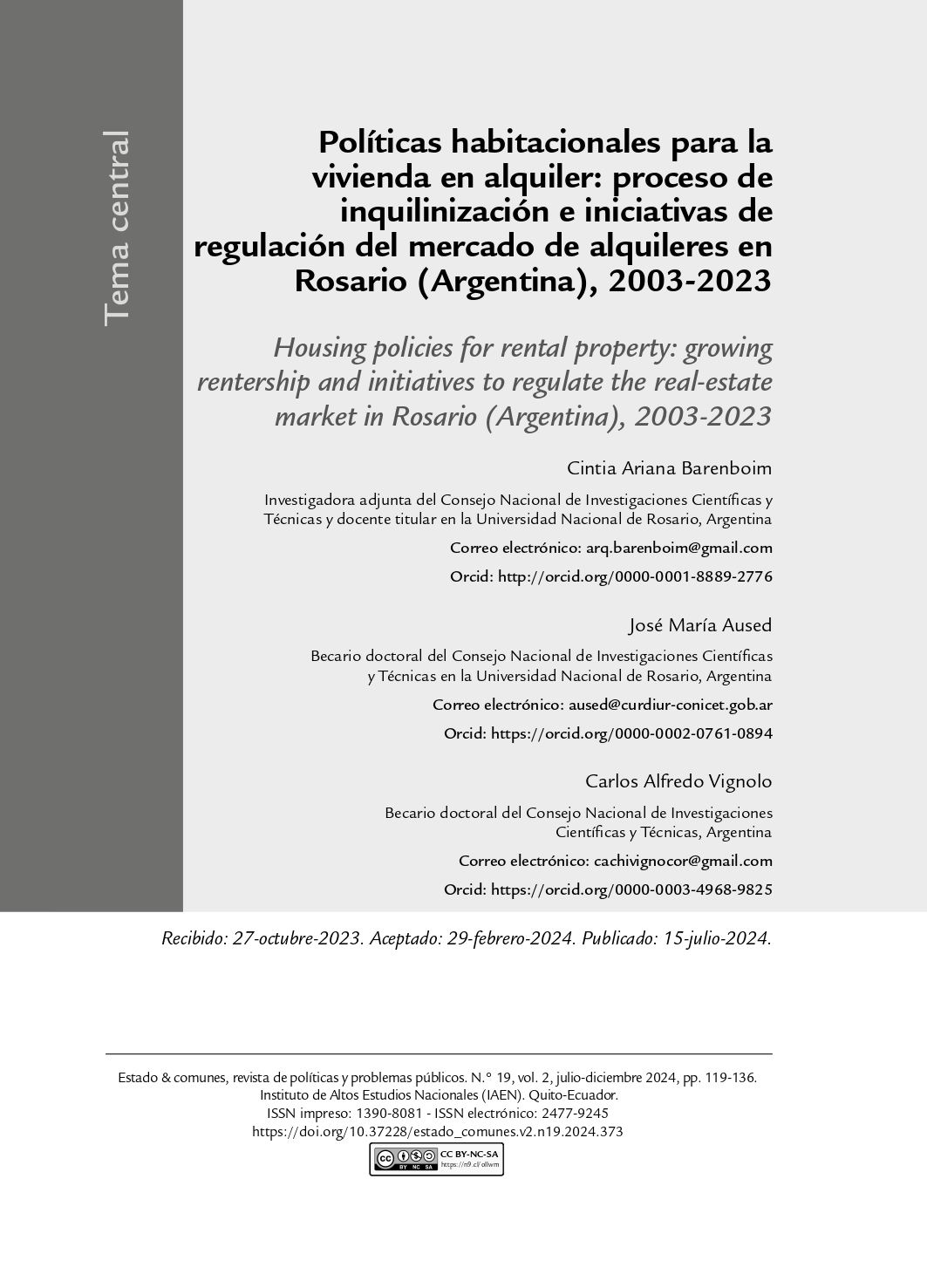Human rights and foreign investors in the Escazú Agreement and the United States-Ecuador Bilateral Investment Treaty: legal determinants
Main Article Content
Abstract
In the context of the international political economy, the human rights protection regime and the foreign investor regime are in tension because of a legal architecture that privileges freedom of capital. A content analysis of the Escazú Agreement would reveal, with respect to access to justice in environmental matters, that individuals and civil society have access to judicial and administrative instances contemplated in national legislation, while foreign investors under bilateral investment treaties (BITs) and free trade agreements (FTAs) have access to justice through international arbitration tribunals that are not always independent, impartial and that privilege the interests of the market. This legal architecture conditions the actions of States in relation to society and its rights. The conclusions point out that the Escazú Agreement faces legal challenges in terms of the investor protection regime, where economic guarantees limit concrete actions to address the climate crisis, protect the environment or enforce human rights.
Downloads
Article Details
How to Cite
Issue
License
Copyright (c) 2024 Fiorella Ricagno
CC BY-NC-SA. This license allows sharing, copying, distributing, performing, and publicly communicating the work, as well as creating derivative works.











